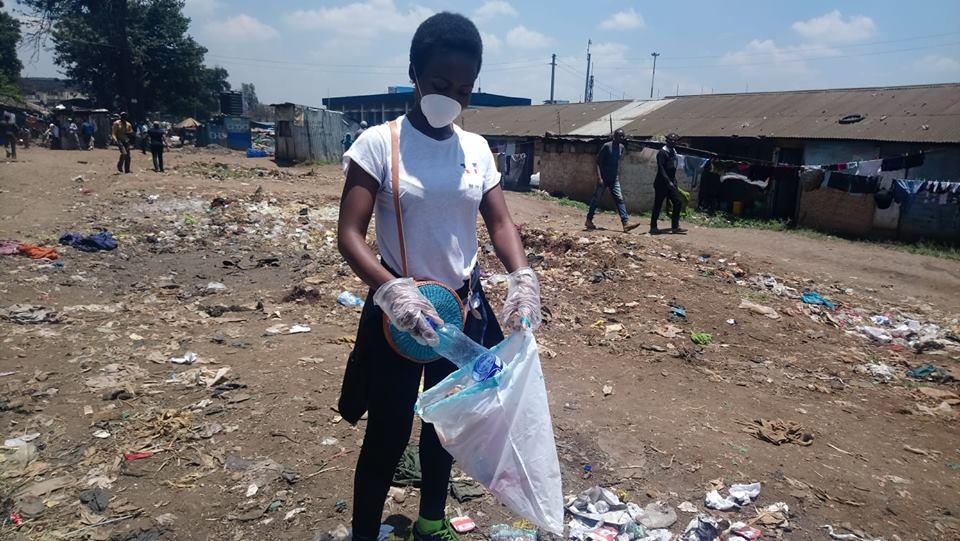Nairobi, 8th July 2021- In response to the media reports that plastic waste is being dumped in the Indian Ocean and on Kenyan beaches Greenpeace Africa Campaigner, Amos Wemanya has said:
‘’Kenyan authorities must commit to improved implementation of the ban on single-use plastic carrier bags and extend the ban to all single-use plastics. We need to envision a future where we do not accept the throwaway culture.
Plastic pollution presents a major threat to the environment, communities and livelihoods. Across Africa, plastic pollution remains a serious problem, devastating communities’ health, the environment, and the ecosystem that millions depend on for livelihood. Plastics are entering our oceans and environments at an unprecedented rate.
“Big pieces of plastic choke and entangle species like whales, turtles and seabirds, whilst tiny pieces of plastic are mistaken for food – choking and poisoning marine animals. Our survival and that of the oceans depends on how bold we are prepared to act against plastic pollution”
Healthy oceans are essential to all life on earth. Oceans are home to many of the world’s most iconic species, absorb carbon from the atmosphere and provide the main source of protein for over one billion people. However, plastic pollution is presenting a major threat to all these functions. Marine animals, birds and sea creatures are at risk. Plastic’s negative impact on the marine is huge.
‘’There has never been a more important time for the global plastics treaty that Ghana is spearheading because the impact of plastic on our oceans is undeniable. Our government needs to commit support to this treaty at the upcoming ministerial meeting in September.
‘’Only then can we truly hope that businesses will start to reimagine a model where disposable plastics are eliminated. Eliminating unnecessary and problematic plastic products and packaging such as plastic straws and single-use carrier bags, investing more in reusable and refillable systems would form a lasting solution to the plastic challenge we face today’’.
A report by the United Nations Environment Programme revealed 8 million tonnes of plastic waste end up in the Oceans every year. The report further states if the current trend continues they will be more plastic than fish by 2050. The Kenya government needs to take firm actions towards eliminating plastic waste in Kenya’s water bodies that are already choking in plastic waste.
ENDS
Media Contacts:
Greenpeace Africa Press Desk: [email protected]
Timothy Nzioka,
Communications Consultant,
[email protected], +254 722898259
 Get Involved
Get Involved

Discussion
Liked it very much thanks for sharing with us
You are welcome.